You may be aware of last week’s bombshell report from the World Health Organization (WHO) linking bacon and other processed red meats to cancer. Well, they’ve issued a statement of clarification. (i.e. You can calm down, Internet.) I like the very simple analysis of the WHO clarification at Food Politics, an awesome blog by food expert, professor, author, and all around food hero, Marion Nestle. Or you can take my interpretation as the bottom line: It’s okay to eat quality bacon in smaller portions, not too frequently.
You know, that whole moderation thing.
In the spirit of making sure that we can have our bacon and eat it, too, I’ve put together a quick survival guide to choosing better bacon and 5 resources where you can get the good stuff.
So go back to eating bacon with abandon—you know, with abandon in moderation.
We’ll keep updating this post as additional info comes in.
How to choose better bacon
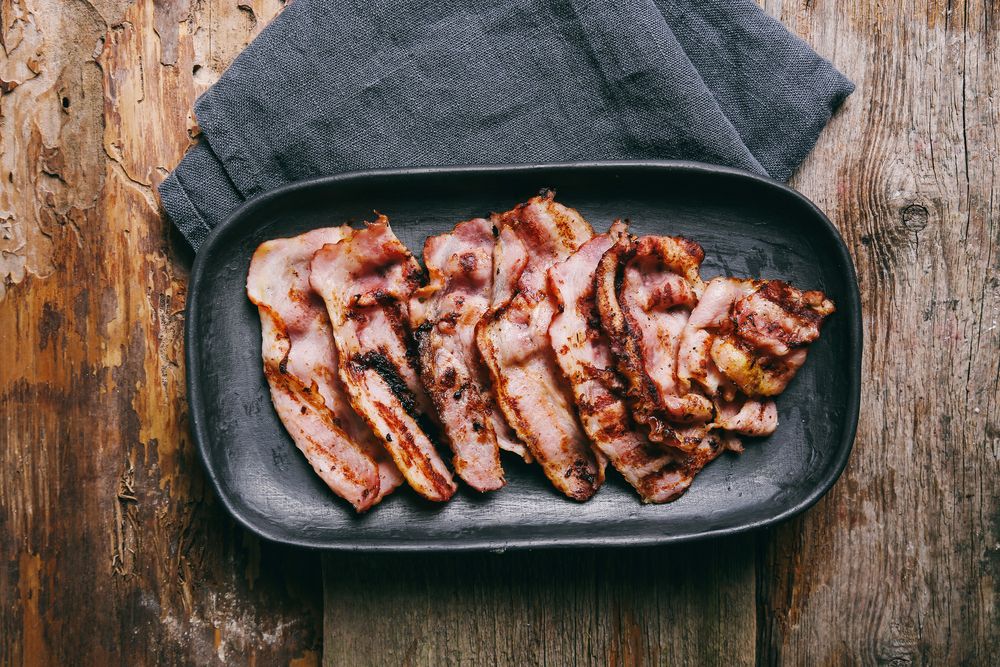
Just as with any other food, you want the ingredients label on your bacon to read what you’d expect it to read, without much more. So while you’re not likely to make your own bacon at home, if you did, you’d use pork, water, sugar, and salt.
If the label of your bacon says more than that, you might want to give it a second thought. You also want to look for pork that comes from humanely raised pasture pigs.
If you ask me, it’s really that simple: Know that the meat comes from humanely raised animals that aren’t industrially processed and that there aren’t any ingredients in your bacon that don’t belong there.
You may be concerned about antibiotics — all animal products have to be antibiotic-free by law, although as food blogger and hog farmer Diana Prichard has explained to us, there is a low level at which antibiotic presence is considered acceptable by the FDA, and that some meats containing residues do manage slip through into the food chain “sometimes by design, sometimes by accident, sometimes by ignorance and sometimes by carelessness.” You may also be concerned about nitrates (some seriously dedicated foodie experts feel that no nitrates added labels are a hoax), and understandably so. But, clearly, there’s a lot of disagreement about both.
If you want to keep things super simple, just know your meat source and inspect the label. These two steps should cover you pretty well.
Where to get better bacon
If you don’t have a great butcher who can tell you about where they source their meat or know of a local farm or farmer’s market that sells bacon, you can look for one at Eat Wild or buy bacon direct from quality producers through Local Harvest. You can also identify producers who are officially Certified Humane, though keep in mind that getting certified costs money that some smaller farms and producers may not have to pay.
You can also go straight to one of these artisan bacon sources where you’ll not only get quality bacon, but also famously delicious bacon. Of course, you pay for bacon bliss. (These options are not cheap.) But maybe shelling out big bucks for good stuff will keep you from overeating, which leads us right back to that WHO report and the harsh, cold reality that even the good stuff is bad stuff if we eat too much.
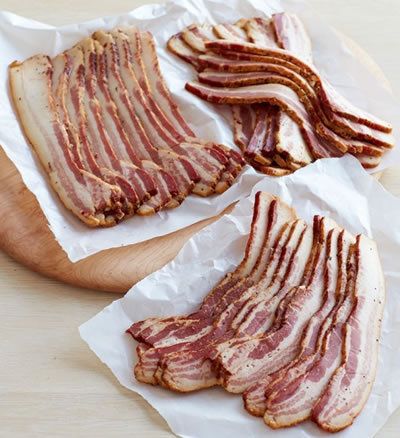
Black Pig Meat Co.
A favorite of renowned chefs and Michelin guide recommendation, Black Pig Meat Co. dry cures their bacon for up to 21 days and finishes the process by smoking it for 12 hours. They use meat from pigs sustainably raised on family farms where the heritage animals are free to roam and treated well. In other words, this is seriously good bacon that you can mail order anytime you want. Major score.
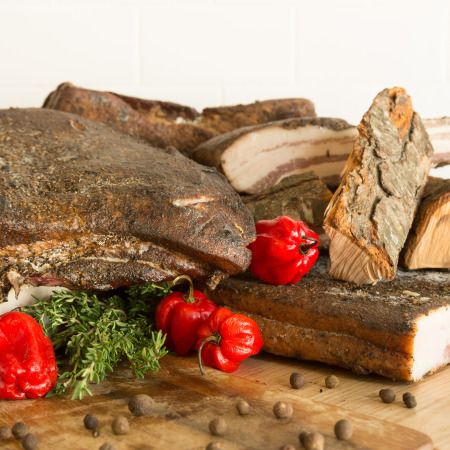
Proper Sausages
Don’t let the name fool you: While Miami, Florida based Proper Sausages started as a purveyor of hand crafted sausages made from heritage meats, they’ve successfully expanded to other cuts, including bacon. They currently mail order two types of bacon, their basic Proper Bacon and the one I can’t wait to get my hands on, Dub Bacon. Made of Berkshire ham with habanero, allspice, and thyme, it clearly draws inspiration from Jamaican jerk and, well, if any bacon is worth doing just a little, itty bit of harm to my body, this is pretty much it.
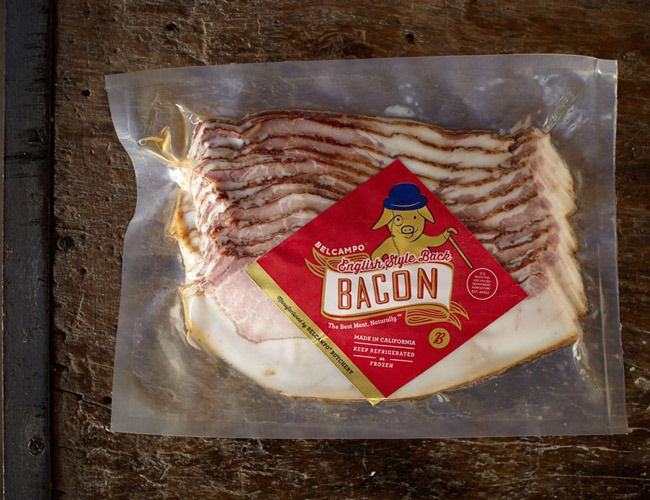
Belcampo Meat Co.
Now this is organic, humane meat that you can trust. Belcampo is a farm, processing plant, butcher, and restaurant in one, meaning that they have complete control of the quality of their products, from what the animals are fed to how the meat is broken down and handled before landing on your plate. The catch—if you can call it that—is that they only offer English Bacon, a fattier, meatier cut than American style.
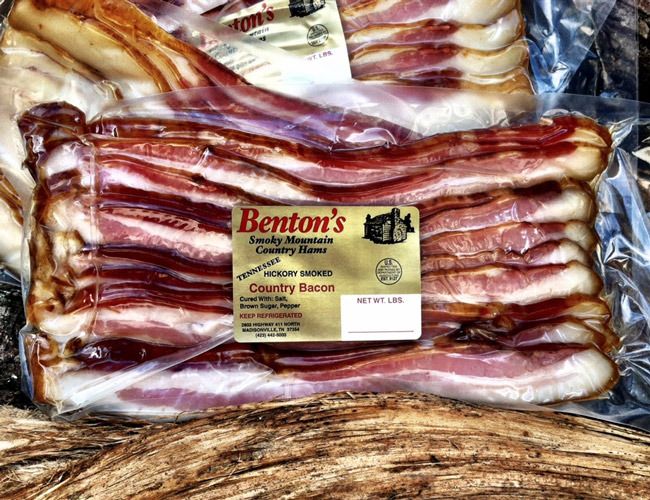
Benton’s Smoky Mountain Country Hams
I’m not sure how or when it started, but Benton’s has become a high-end restaurant darling, their hams showing up on notable menus across the country. You can source your own Benton’s by ordering directly from them. If their melt-in-your-mouth country-style ham, which I’ve enjoyed on many occasions, is any indication, you will be instantly hooked on their Hickory Smoked Country Bacon.
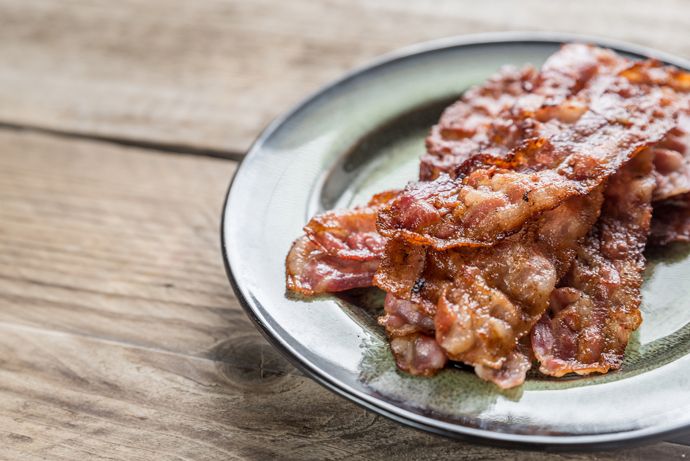
Zingerman’s
Zingerman’s is known the country over for mail-order goodies, from babkas to, you guessed it, bacon. But what makes them different, at least when it comes to our favorite strips of cured pork, is that they offer a bacon-of-the-month club that delivers artisan bacon directly to your (or a friend’s) door once a month. Each shipment is from an indie source of artisanal bacon from producers making their prized cured meats in small batches. Like all of these bacon options, the price is hefty but, according to celebrity chef fans including Mario Batali and Bobby Flay, every single one delivered by Zingerman’s is worth it.
Got a favorite bacon source? We’d love you to share it.

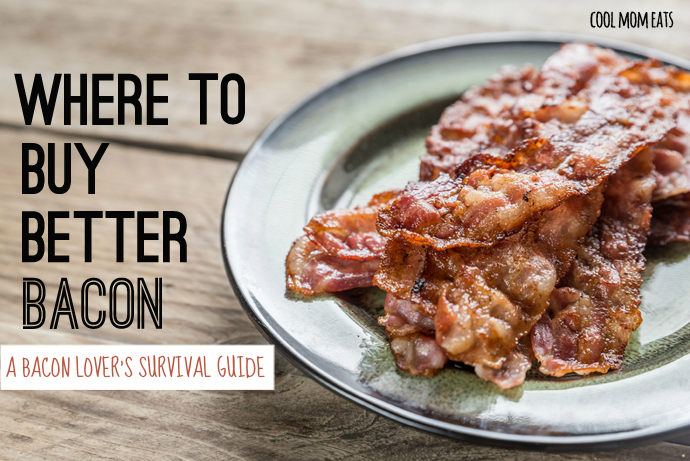




Love that you guys are wading into the foodie-farm arena. A couple comments from your resident hog farmer:
– ALL bacon is from pigs raised without added hormones. It’s actually illegal to give pigs hormones of any kind, and we cannot label “no hormones,” because it misleads consumers to believe that there is pork out there with hormones added.
– Your readers might be interested in some of the pros and cons of pasturing pigs. It’s not all it’s cracked up to be. I’ve written about it here: https://www.righteousbacon.com/pigs-pasture-only-supplement-feed/. Some pigs raised on small farms on pastures are not being well taken care of. It’s one of the most common issues I have to consult with other farms on when they have problems, and it’s a shame that consumers don’t know more about this.
– I have a post in the works about this, but many of the third party labels such as “Certified Humane” actually include requirements that would reduce the comfort of the animals the farmer is raising. We don’t use these labels not because we can’t afford it, but because our standards are even higher.
Thank you, Diana. This is so helpful!